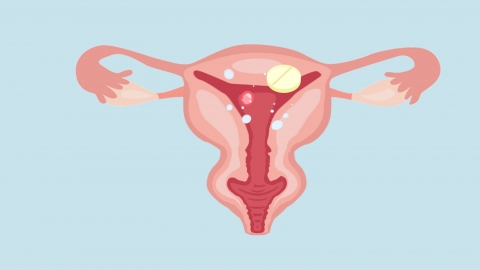What precautions should be taken after a medical abortion?
Generally speaking, medication abortion refers to terminating a pregnancy through medication. After a medication abortion, attention should be paid to personal hygiene, monitoring bleeding, abstaining from sexual activity, appropriate rest and exercise, and dietary nourishment. A detailed explanation is as follows:

1. Personal Hygiene
After a medication abortion, it is important to frequently change sanitary pads and underwear, wash the perineal area daily with warm water, avoid tub baths, and opt for showers instead. This helps reduce the risk of infection and prevents dirty water from entering the vagina and uterine cavity.
2. Monitor Vaginal Bleeding
Vaginal bleeding typically occurs after a medication abortion and should gradually decrease over time. If the bleeding exceeds the amount experienced during a normal menstrual period or lasts longer than two weeks, it may indicate an incomplete abortion or a uterine infection, and prompt medical attention should be sought.
3. Avoid Sexual Intercourse
Following a medication abortion, the endometrium is damaged, and engaging in sexual activity too early may lead to intrauterine infection. Therefore, it is recommended to abstain from sexual intercourse for at least one month after the procedure to prevent infections.
4. Appropriate Rest and Exercise
After a medication abortion, adequate sleep should be ensured, and excessive fatigue should be avoided. Depending on the individual's recovery, light physical activities such as walking may be performed to promote blood circulation and aid recovery. However, strenuous exercise and heavy physical labor should be avoided.
5. Dietary Nourishment
After a medication abortion, it is important to increase nutrient intake, consuming more protein-rich foods, as well as foods high in vitamins and minerals, such as eggs, lean meats, fish, dairy products, fresh vegetables, and fruits, which help the body recover. Cold, spicy, or irritating foods should be avoided, as they may stimulate the uterus and hinder recovery.
In daily life, women should also maintain a positive and optimistic mindset. If experiencing anxiety, depression, or other emotional reactions, they should actively communicate with family members or friends and engage in psychological adjustment. When necessary, professional psychological counseling should be sought. Furthermore, contraceptive awareness should be strengthened to reduce the risk of unintended pregnancies, which contributes to protecting women's health.





